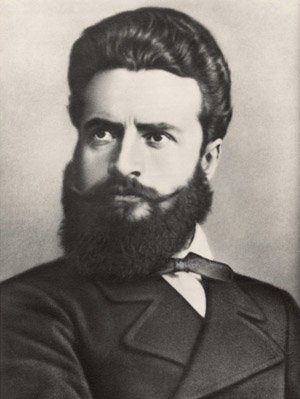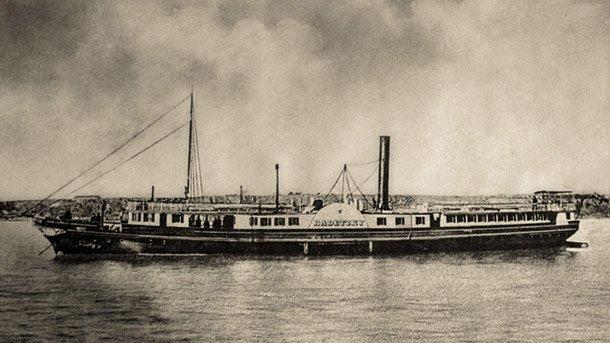

After the Liberation of Bulgaria from Ottoman rule, architects from Europe flocked to Sofia, which became the new Bulgarian capital city in 1879, to give it a modern look and functionality. In the end of the 19 th century the first..
Patriarch Daniil of Bulgaria sent a letter to Metropolitan Onufriy of Kyiv and All Ukraine (Moscow Patriarchate), the Bulgarian Patriarchate reported. The message reads: "Your Beatitude, on this date exactly 10 years ago, your solemn enthronement as..
Orthodox Christians mark the Dormition of St. John of Rila, who is considered the heavenly protector of the Bulgarian people. The saint was born in the village of Skrino in the Osogovo Mountain in the second half of the 9th..
Over 150 exhibits from 14 Bulgarian museums will take part in an exhibition entitled "Ancient Thrace and the Classical World" . The exposition will be..
October 27 marks the 165th anniversary of the birth of Academician Aleksandar Teodorov-Balan, who was the first theorist of the Bulgarian literary..

+359 2 9336 661
